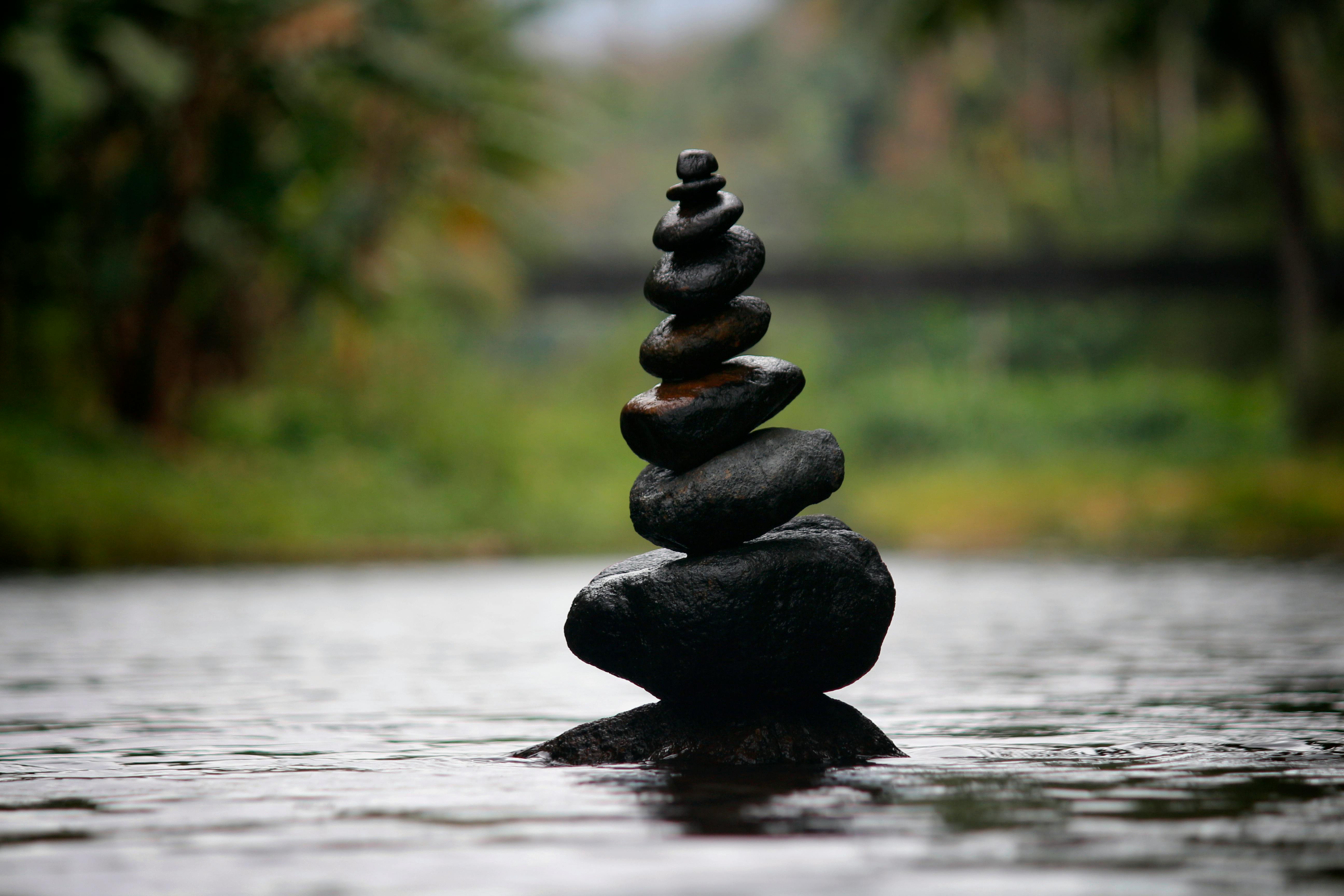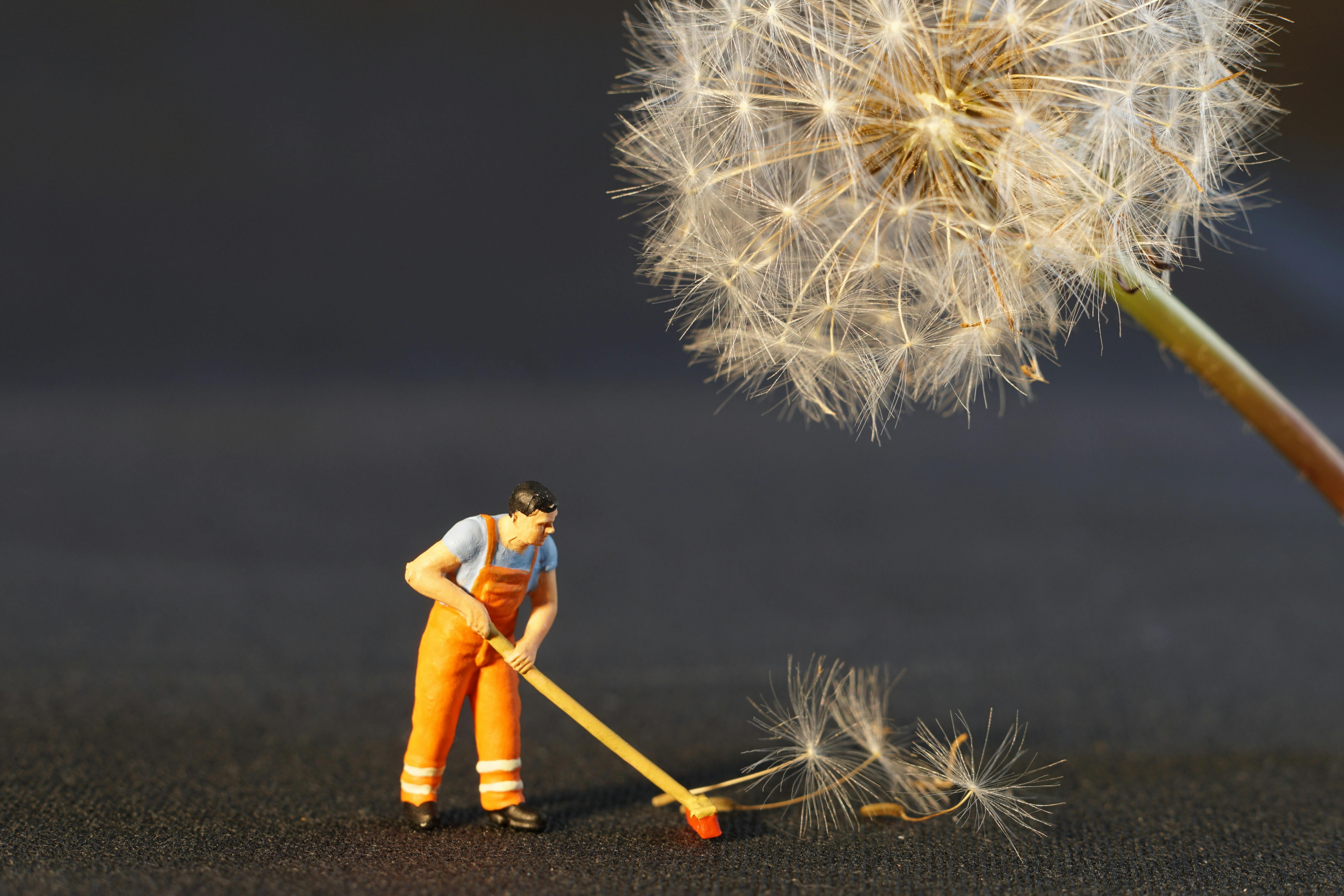April: The Stress Awareness Month 2025: Proven Techniques to Relax and Rejuvenate
Discover effective, evidence-backed techniques to reduce stress in 2025—from immersive tech and mindfulness apps to breathwork, digital detoxes, and nature therapy.

By SeeTrendingNow Team
🧘 Introduction
Every April, Stress Awareness Month returns as a public-health reminder that modern life is chronically overstimulating. Launched in 1992 by the Health Resource Network (HRN) and the American Institute of Stress, the campaign has evolved into a global effort for education and prevention.
In 2025, the message resonates louder than ever. The lingering effects of the COVID-19 era, ongoing geopolitical tensions, and an always-on digital lifestyle have made chronic stress a defining feature of our time.
According to the APA’s 2024 “Stress in America” survey, 62% of U.S. adults cite national politics as a top stressor—just ahead of concerns around health care costs, violence, and climate change.
Source
📌 Why Stress Awareness Month Matters in 2025
- 🧠 Stress contributes to up to 75% of primary-care visits, yet fewer than one-third of adults receive structured stress management support.
- 🌍 According to WHO, nearly 1 billion people globally experience mental health disorders, with chronic stress as a key risk factor.
- 💸 Depression and anxiety cost the global economy $1 trillion per year in lost productivity.
- 📱 Nearly half of U.S. teens say they spend too much time on social media—a known stress amplifier.
WHO | Pew Research
🧬 Understanding Stress
Stress is the body’s nonspecific response to any demand for change. While acute stress (e.g., before a test or deadline) can enhance focus, chronic stress wreaks havoc:
- ☠️ Elevated cortisol affects mood, immunity, metabolism, and aging.
- 🧠 Cognitive impacts include reduced memory, focus, and motivation.
- 🧍♀️ Physiological tracking shows stress alters heart-rate variability, gut bacteria, and inflammation levels.
Understanding this mind-body loop is key to building a multidimensional wellness toolkit.
🚀 Current Trends in Stress Management (2023–2025)
-
🕶️ Immersive Tech for Calm – Over 600 Vision Pro apps now focus on relaxation, like Inner Island and 360° breathing bubbles.
Apple Vision Pro -
🤖 AI Mental-Health Chatbots – Tools like Woebot and Wysa deliver CBT-based coaching with clinical efficacy after just two weeks.
PubMed Study -
📵 Digital Detox Goes Mainstream – App-free weekends and notification fasts are now part of corporate wellness programs.
-
🌌 VR-Assisted Mindfulness – Studies show immersive mindfulness (e.g., FLOW-VRT) improves relaxation and sensory clarity.
Nature VR Study -
📅 Work Redesign – The 4-day work week shows lasting reductions in burnout—with the majority of trial companies keeping it post-pilot.
4-Day Week Trial Results
🧰 Effective Techniques to Relax and Rejuvenate
🫁 1. Mindful Breathing and Breathwork
- 4-7-8 method: Inhale 4s → Hold 7s → Exhale 8s. Repeat x4.
- Resonant Breathing: 6 breaths/min, ideally using apps like Breathwrk or Apple Watch.
Why it works: It boosts vagal tone and calms the nervous system in just minutes.
💪 2. Progressive Muscle Relaxation (PMR)
Tense and release muscles from feet to forehead.
Pair it with 2,000K smart lighting to enhance calm.
PMR Study
🏃 3. Physical Activity “Snacks”
Quick micro-bursts like jump-rope or desk squats clear stress chemicals and spark brain growth.
Set reminders via smartwatches or apps for consistency.
💤 4. Sleep Recalibration
- Anchor wake time daily (even weekends).
- Use red-spectrum night lights.
- Mute notifications with Microsoft Viva Insights.
Microsoft Viva Insights
🌳 5. Nature Therapy
- Forest bathing for 20–60 minutes
- Balcony plants or green commuting
- Visual greenery = slower heart rate
🧠 6. Technology-Assisted Calm
- Inner Island VR: Breath-synced environments
- Oura Ring 4: Daytime stress tracking
- Woebot/Wysa: AI support + escalation if needed
📴 7. Digital Detox Protocol
- Audit → 2. Trim → 3. Reset (1 device-free day) → 4. Reflect
Pew data shows teens report better focus after a screen reset.
🔥🧊 8. Heat–Cold Therapy
- Alternate 30s cold, 90s hot showers
- Infrared + plunge cycles popular in biohacking circles
Caution: Not for pregnant individuals or those with heart issues.
🎨 9. Creative Expression
- 3-Good-Things journal: Proven optimism booster
- Doodling: EEGs show alpha-wave increase after just 5 minutes
🤝 10. Social Connection & Service
- Volunteer 2 hrs/week = lower inflammation
- Launch a team goal (e.g., 100 volunteer hours) for community bonding
🧾 Case Studies and Wins
- UK 4-Day Week: 31 of 61 companies kept it one year later
- Microsoft Viva: After-hours chat down 28%
- University Campaigns: Modest but growing screen-time awareness
🔮 What’s Next?
- 🧬 Genomic Stress Profiles: Precision stress management is coming
- 🧘♀️ Smart Environments: Rooms that adjust light, temp, and scent based on HRV
- 💊 Digiceuticals: Combining micro-dosing with AI nudges
✅ Conclusion
Stress Awareness Month 2025 isn’t just about awareness—it’s about action. From ancient breathwork to futuristic wearables, proven tools exist for every personality and budget.

